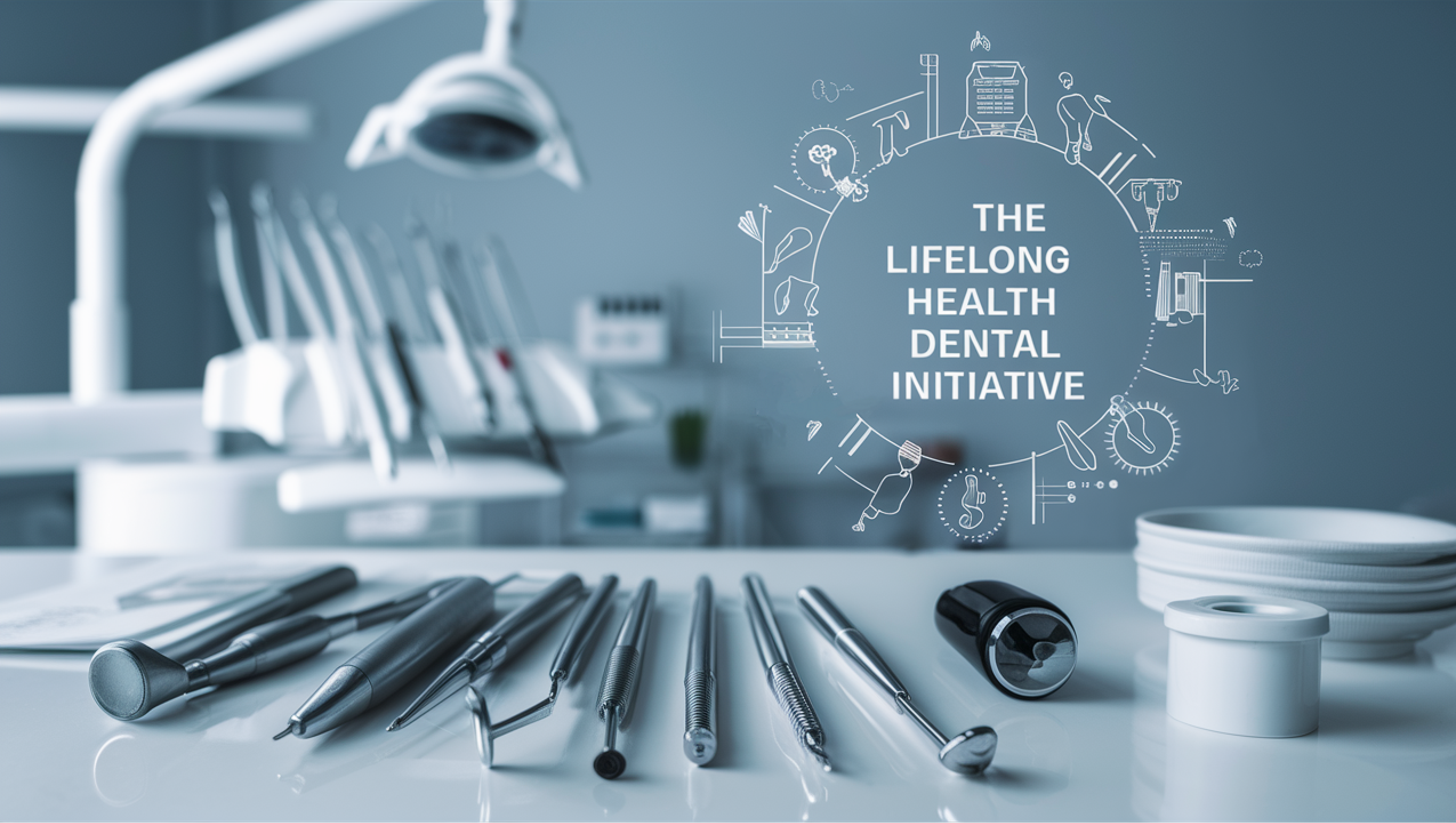“Timing is everything” was made popular by none other than the bard himself, William Shakespeare in “Julius Caesar.” How apropos!
Half the year is over. Now is the perfect time to step back and reassess. It’s also the perfect time to evaluate new opportunities.
The issue of cognitive decline is front and center in the public’s eyes for obvious reasons. I’m sure sales of Prevagen® have skyrocketed. That’s why NOW is the time to discuss this with your patients and referral sources about how dentistry has a great deal to offer in the discussion.
Regardless of whether you’re a general practice, limited TMJ, sleep practice, or any specialty that deals with chronic inflammation, NOW is the time people will be open to hearing about how YOU can help them reduce some of the contributors to cognitive decline.
There are several contributing factors that are within the scope of dental practice.
The Lifelong Health Dental Initiative will include:
- Proper breathing
- Regenerative Sleep
- Chronic Inflammation
- Microbiome
- Nutrition
Briefly, this program would include:
- Assessing for nasal vs. mouth breathing.
- Performing sleep disorder breathing screens, giving sleep apnea screening tests (Epworth or STOP-Bang), and where allowed, a home sleep test (HST).
- Assessing potential areas of chronic inflammation (periodontal, odontogenic, etc.).
- Salivary analysis to include genetic markers, microbiome analysis and risk assessment, pH, salivary flow, and more.
- Nutrition: Diet analysis including relating medical history to food, microbiome and drug interactions.
Not only will offering such a non-insurance dependent program be beneficial for patients seeking dementia-avoidance, cognitive-decline delay, and quality of life prolongation, it will set the entire practice apart from others.
When I instituted such a program in my Manhattan practice, the results were astounding. Hygiene efficiency rose to record levels (attested to by Henry Schein® via Dentrix). Patients whose microbiome or other factors put them at increased risk for systemic, periodontal, caries, cancer, or other diseases came in more frequently, making the hygiene appointments quicker, more comfortable, and more profitable. Patients were happy, our hygienists were thrilled, and the value of the practice soared.
In fact, it was because of the hygiene program that when the practice was sold, it demanded a higher-than-average price.
Oh, did I mention that of the 5 components of the program nearly all of them were performed by hygienists or auxiliaries? This frees up the dentist to do other procedures and see more new patients for comprehensive care.
Dementia is on people’s minds (pun intended). Now is the time to reassess and plan for marketing and implementation.
Need help?
Who are you gonna call?
- The Hidden Threat to Dental Implants: Why Ignoring Bacteria is a Risky Gamble – Part 2 - March 14, 2025
- The Hidden Threat to Dental Implants: Why Ignoring Bacteria is a Risky Gamble – Part 1 - February 28, 2025
- A Competitive Advantage – Part Two - November 8, 2024



